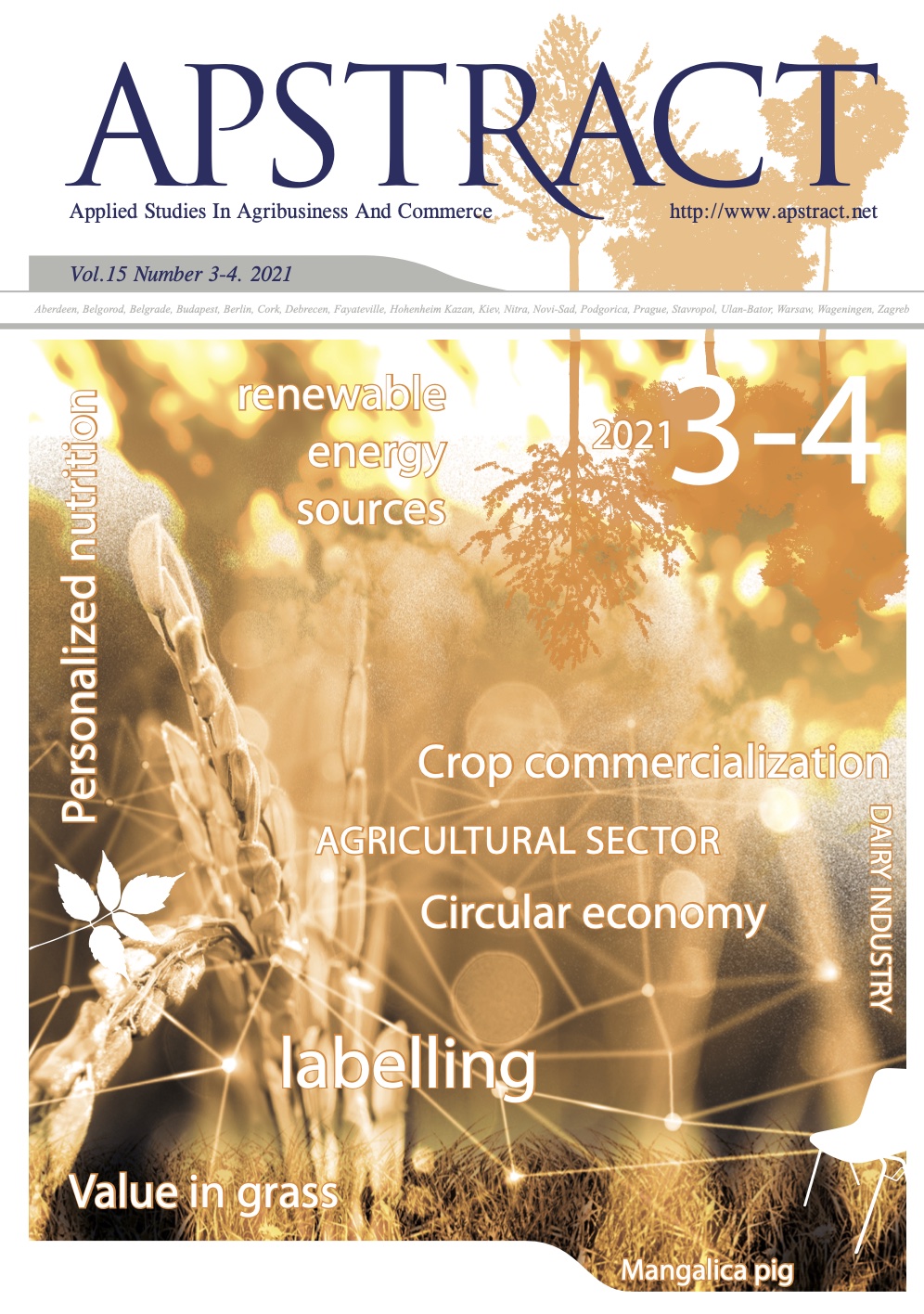Assessment of women farmers’ credit needs in imbulpe ds division in Sri Lanka
Author
View
Keywords
How To Cite
Accepted 2022-02-07
Published 2021-12-22
Abstract
The study was conducted to identify the role of women farmers’ credit needs, using Imbulpe (Divisional Secretariat) DS Division in Sri Lanka. As the sample size of study 238 women farmers were selected from seven selected (Grama Niladhari) GN divisions of the study area. This study was conducted to identify the areas and level of credit needed by women farmers. And also, the agricultural credit sources of was identified. Women farmers were selected by using the simple random sampling method. Questionnaire Survey was used as the data collection method from March to July 2019. Descriptive statistics was used for the data analyzing process and the result showed that, 59.7 % of the women farmers were observed within the middle ages (40-59 years), most of them were married, and 4-5 members within their family. 64.3 % of women farmers were studied up to secondary level education. Majority of the women farmers were noted that they need credit facilities for the application of agrochemicals and fertilizers. In Addition to that, utilization of modern farming technologies, transportation & marketing of agricultural products and purchasing improved seeds & livestock related credit neediness most important for them. And also, they were showed a less interest regarding the credit neediness for pre-planting activities, irrigation facilities and harvesting activities. Most of the respondents were indicated high level of credit neediness for the application of agrochemicals and fertilizers and utilization of modern farming technologies while moderate and low level of agricultural credit neediness regarding the pre-planting activities, irrigation facilities and harvesting activities within the study area. Majority of the respondents were showed savings from the previous agricultural earnings and other family member or fellow women as their major credit sources of agricultural activities. Private money lenders act as the least important credit source for agricultural activities in the study area.
JEL CODE: Q1, Q12

 https://doi.org/10.19041/APSTRACT/2021/3-4/2
https://doi.org/10.19041/APSTRACT/2021/3-4/2




